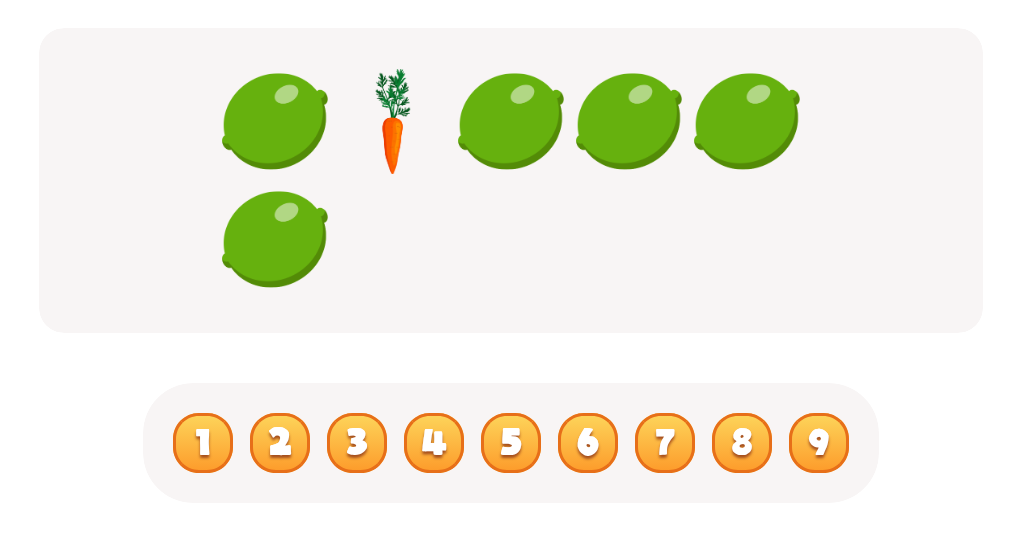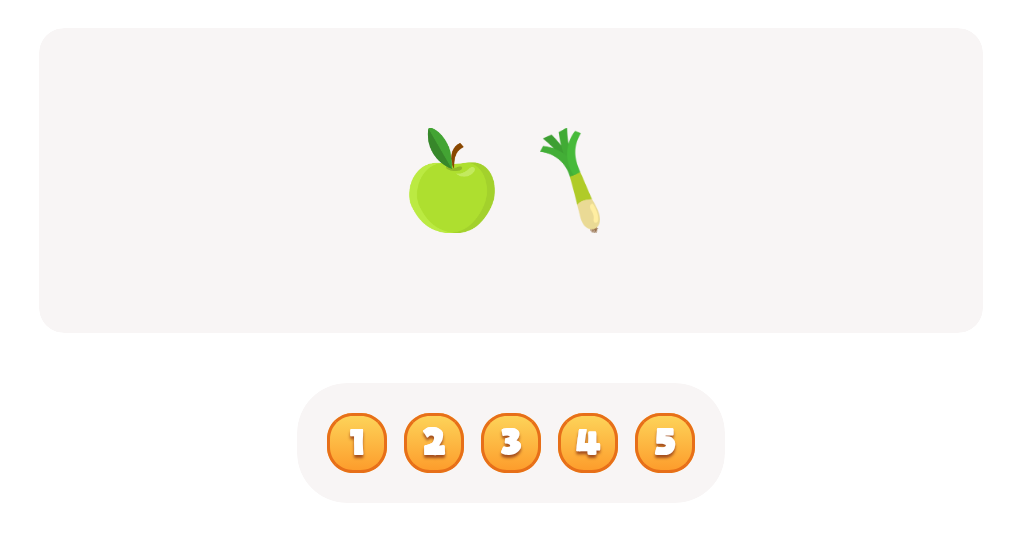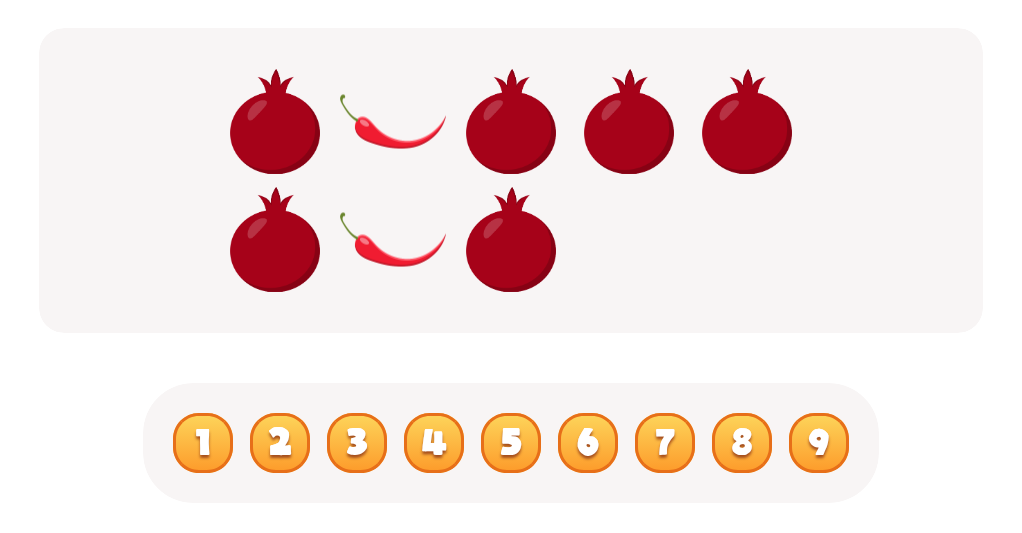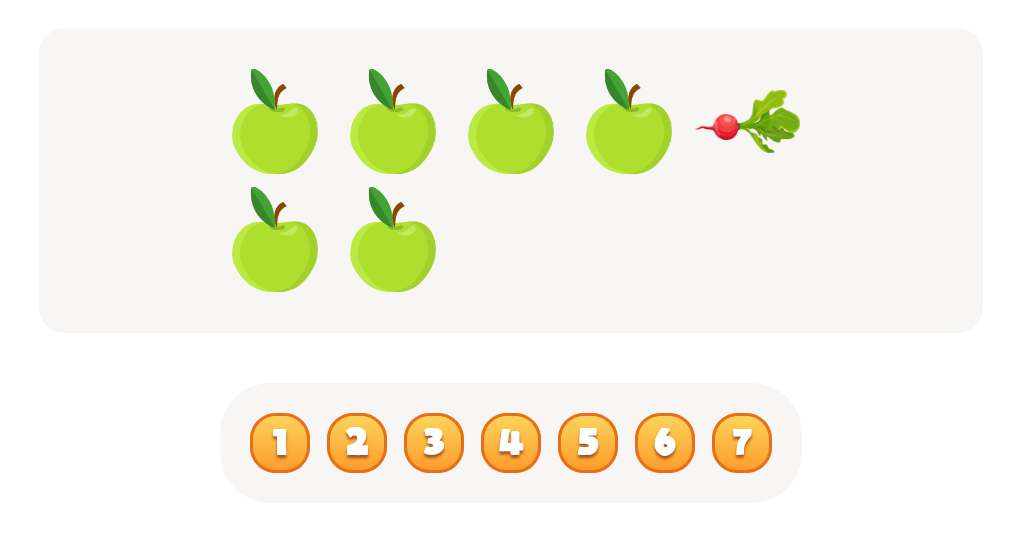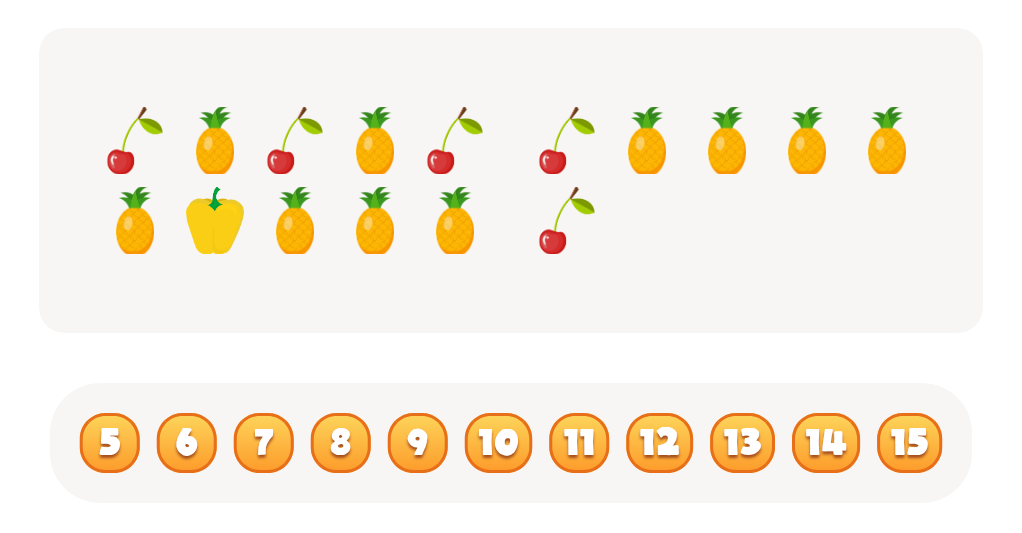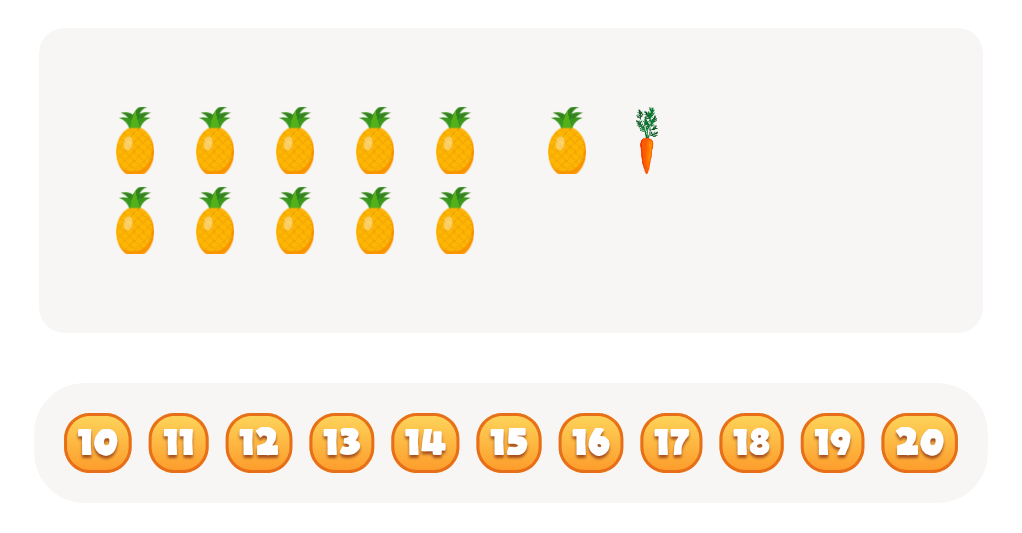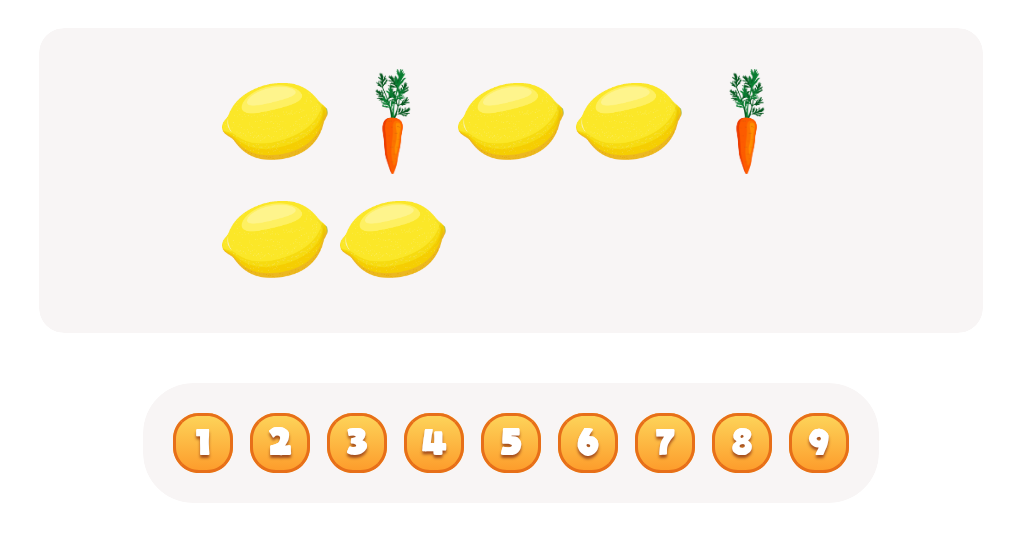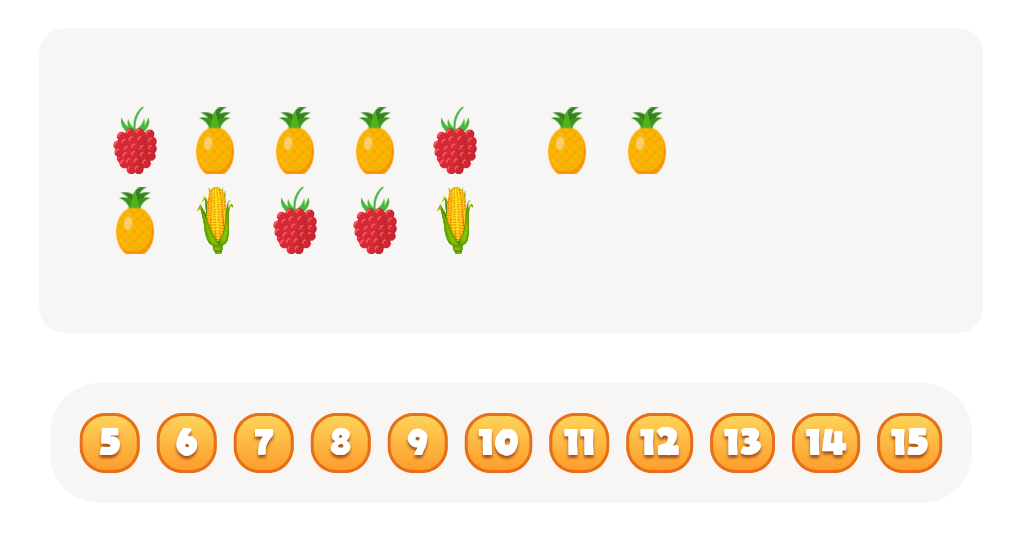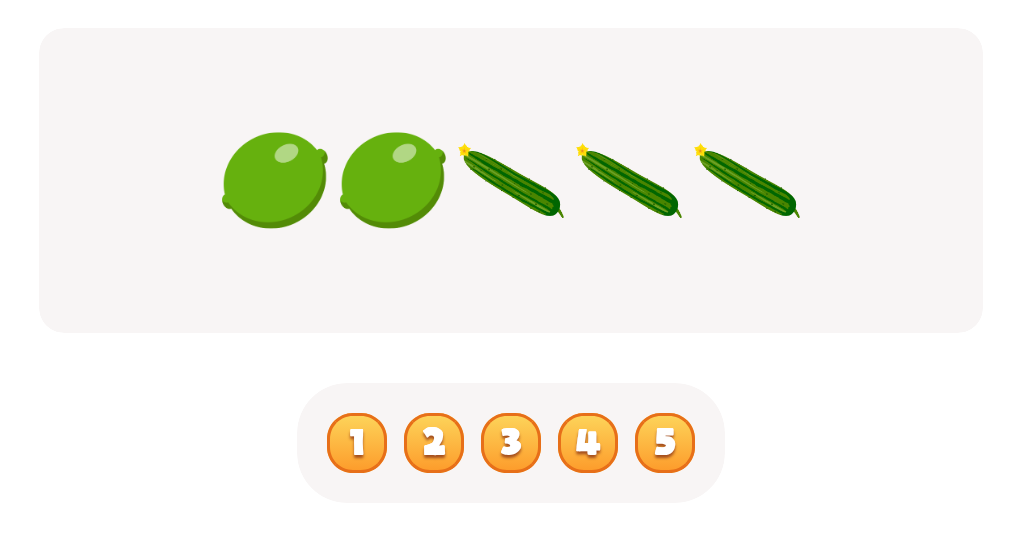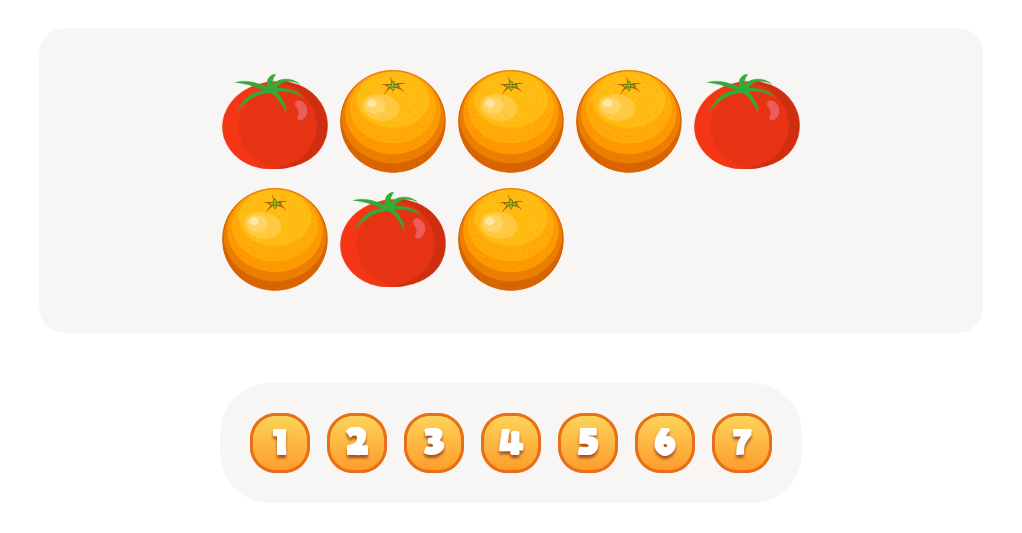Basic Addition Plants and Animals Worksheets for Ages 6-8
4 filtered results
-
From - To
Discover our engaging "Basic Addition Plants and Animals Worksheets for Ages 6-8" at Kids Academy! Perfect for young learners, these worksheets combine fundamental math skills with fascinating science topics. Your child will practice basic addition while exploring the amazing world of plants and animals. Each worksheet features colorful images and fun facts, enhancing both math and science learning. Designed for ages 6-8, these printable activities make learning enjoyable and interactive. Spark your child’s curiosity and boost their confidence in math with our expertly crafted resources. Start your educational adventure today!
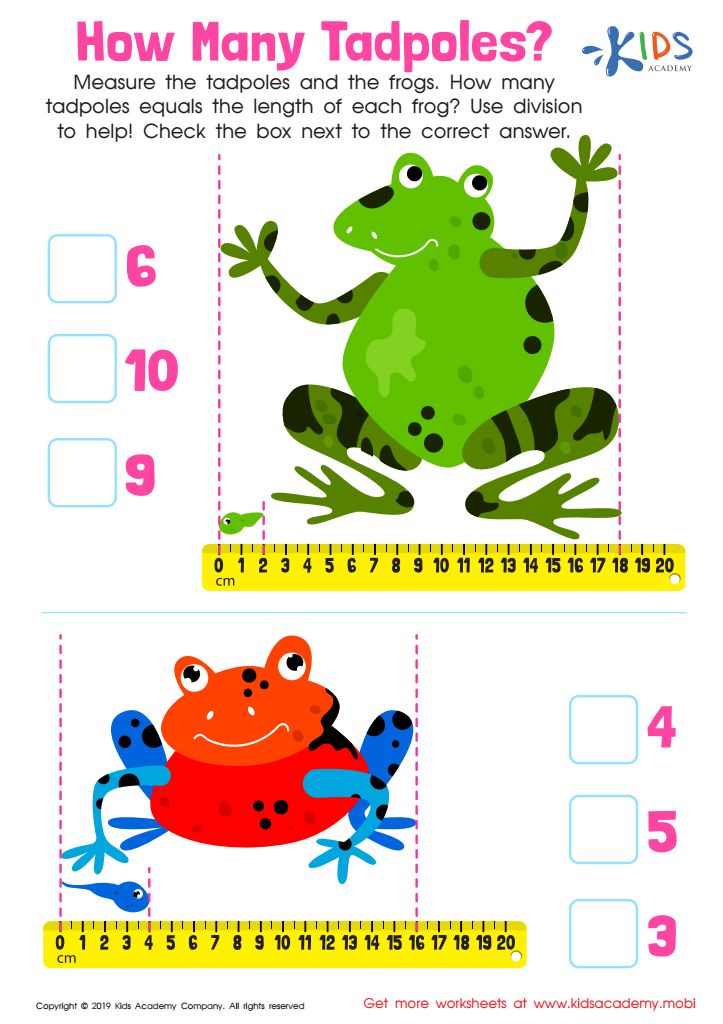

How Many Tadpoles Worksheet


African Wildlife: Giraffe Worksheet
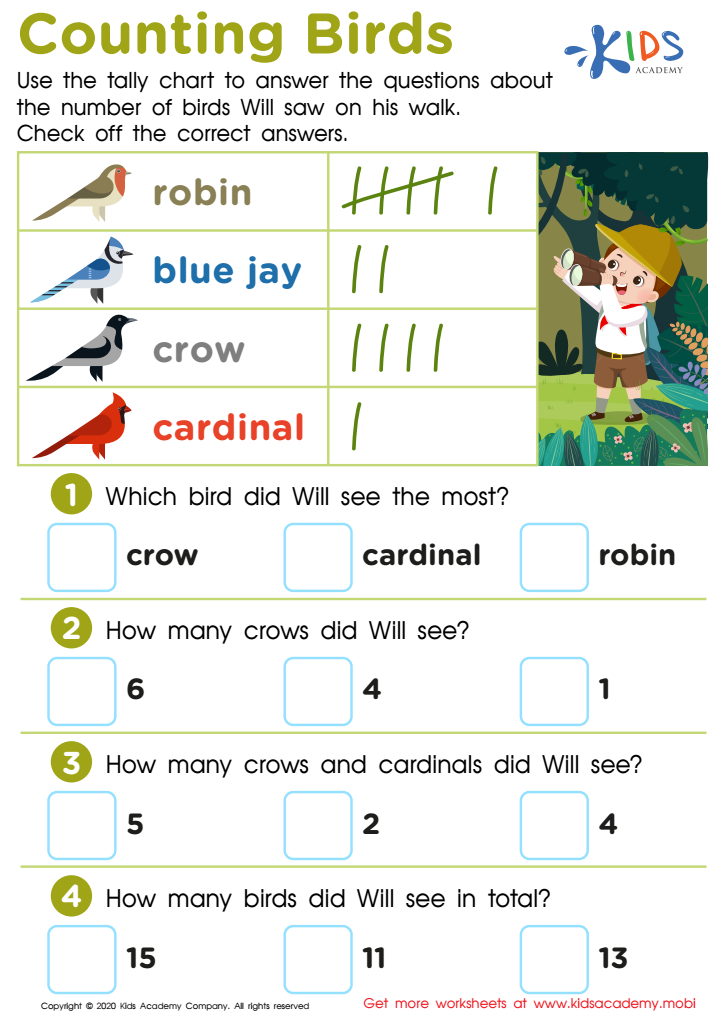

Counting Birds Worksheet
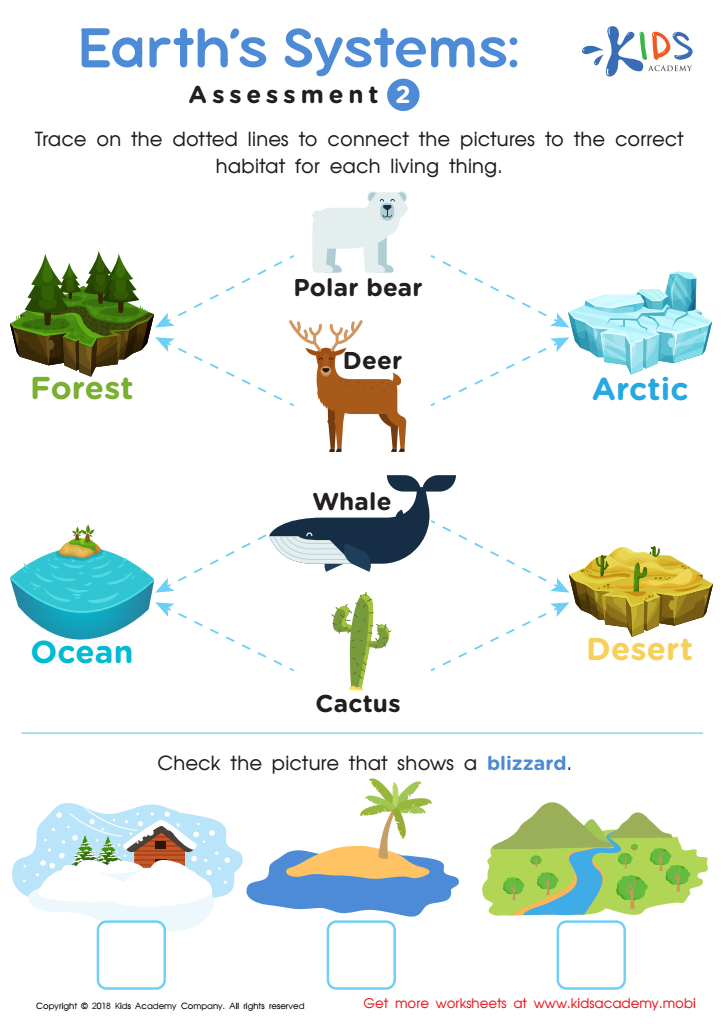

Earth's Systems: Assessment 2
Parents and teachers play a pivotal role in shaping young minds, especially during the formative years of ages 6-8. Introducing basic concepts like addition, plants, and animals at this stage is critical for several reasons.
Firstly, early exposure to basic addition enhances numerical literacy and problem-solving skills. It lays a foundational understanding crucial for future math learning, promoting cognitive development and logical reasoning.
Equally important is introducing children to plants and animals. It fosters curiosity and appreciation for the natural world, instilling a sense of responsibility towards environmental stewardship. Learning about the diversity of life forms stimulates observational skills and critical thinking. It also connects children to real-world concepts, integrating science into everyday experiences.
For young brains at this malleable age, learning should be engaging and exploratory. Combining subjects like math with intriguing topics such as biology can make education more enriching and fun. Hands-on activities, like counting petals on flowers or identifying animals, make abstract concepts tangible.
In sum, focusing on basic addition and natural sciences at an early age forms a well-rounded educational foundation. It supports intellectual growth, promotes a love for learning, and prepares children with essential skills for lifelong success.

 Assign to My Students
Assign to My Students
